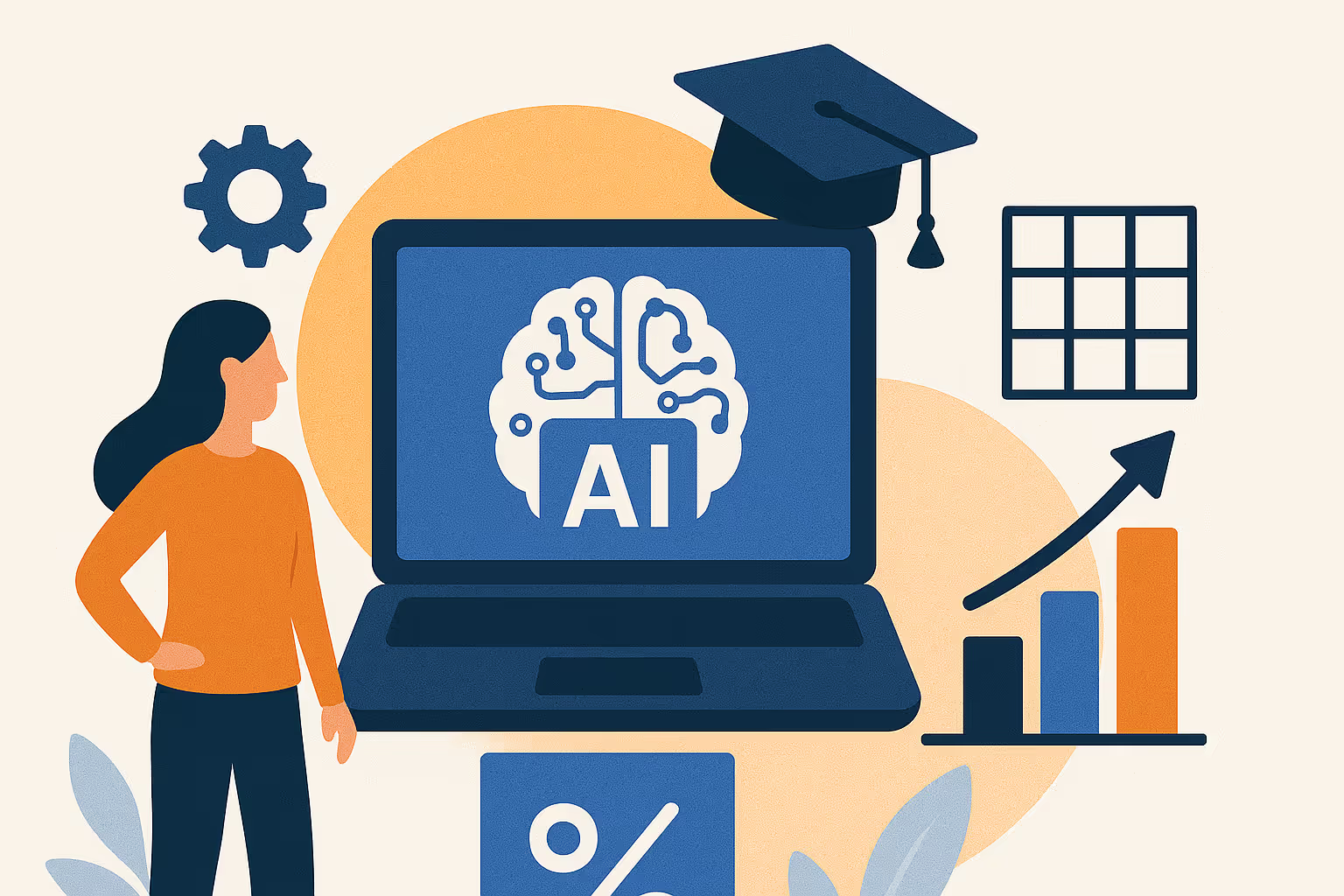About the Blog
AI is transforming how colleges and universities communicate with students by making notifications, reminders, and nudges more personalized.
Instead of sending generic messages, AI analyzes student behavior and preferences to deliver the right message at the right time. A student who frequently misses deadlines might receive a well-timed text reminder about an upcoming tuition payment, while another student might get an email about course registration based on their academic progress.
Beyond just personalization, AI optimizes when and how messages are sent. If data shows a student is most active on their student portal in the evenings, AI can time reminders accordingly. This approach increases the likelihood that students will engage with important communications rather than ignore them.
AI-powered messaging means more effective student engagement without extra manual effort. Automated yet personalized communication helps streamline administrative processes, improve student retention, and ensure that critical information reaches the right people when they need it.
The Ethics of "Pushing" Students Toward Decisions
While AI-powered nudges can help students stay on track, ethical concerns arise when institutions use AI to push students toward specific actions. Encouraging a student to apply for financial aid is helpful—but is it ethical to keep reminding them until they feel pressured into a decision? Where should institutions draw the line between support and influence?
One of the biggest ethical considerations is student autonomy. While AI can provide guidance, students should ultimately feel in control of their choices. Notifications should offer helpful information and options rather than create a sense of obligation. Transparency is also key—students should know why they are receiving certain nudges and can opt-out.
The goal should be to use AI to remove barriers, not manipulate behavior. By designing messages with empathy and giving students room to make their own choices, institutions can ensure that AI remains a tool for support rather than coercion.
Can AI Predict Who Will Engage with Nudges?
One of AI’s most powerful capabilities is its ability to analyze student data and predict who is most likely to respond to outreach. By examining past interactions, response patterns, and even sentiment from previous messages, AI can determine which students will engage with nudges and which ones are likely to ignore them.
If a student consistently overlooks email reminders but responds to text messages, AI can adjust future communications to better match their preferences. Similarly, if AI detects that a student is disengaged, institutions can take proactive steps—such as personal outreach from a staff member—to re-engage them before they fall off track.
This predictive power helps refine communication strategies, making outreach efforts more efficient and effective. Instead of blasting the same message to every student, AI enables targeted engagement that meets students where they are, leading to better outcomes for both students and institutions.
AI-driven student engagement is reshaping how colleges and universities communicate with students. By personalizing notifications, being mindful of ethical concerns, and leveraging predictive analytics, higher ed professionals can create smarter, more student-friendly communication strategies. The key is finding the right balance—using AI to enhance student success while ensuring that human connection and ethical considerations remain at the forefront.
FAQ
How can institutions ensure AI-driven nudges are inclusive for all students?
AI systems should be trained on diverse data sets and regularly audited to prevent bias in messaging and accessibility.
What are some best practices for combining AI-driven nudges with human support?
Institutions should use AI for routine reminders while ensuring that students have access to real advisors for complex or sensitive issues.










